(CLO) US President Donald Trump has suspended many foreign funding sources from USAID, including the press in many countries. This has made the financial foundation of the international press in general increasingly precarious and deeper into crisis.
The timing couldn't be worse.
Mr. Trump’s signals about ending USAID funding for international journalism come at a critical time when traditional media funding models are increasingly unstable, with both public funding and private philanthropy retreating from supporting journalism.

US President Donald Trump. Photo: GI
“It's no surprise they're cutting media funding,” said Anya Schiffrin, director of the technology, media, and communications program at Columbia University's School of International and Public Affairs.
In times of crisis and financial constraints, public funding around the world may be diverted to health and other priorities. Even private philanthropy appears to be retreating. “Major philanthropic donors are leaving journalism much faster than they entered,” says James Ball, journalist and political editor at The New European.
"Revenue diversification" is soon becoming obsolete
The advice to 'diversify revenue' is becoming outdated, according to Ball. He argues that there are deep-rooted structural factors in the way the industry operates that are making conventional solutions ineffective. The problem is that too many organizations are trying to make money from too little. Even membership and subscription models, once considered a "lifesaver", are showing their limitations.
Andrew Ball explains that getting paying subscribers (members or subscribers) is getting harder and harder. The reason is because there are too many players competing for a limited audience.
Even in a large and developed journalism market like the UK, platforms like Substack have to compete with all other media outlets, including non-profit newspapers - which is not certain to sustain their success in the long term.

Global journalism faces an unprecedented crisis.
Styli Charalambous, co-founder of Daily Maverick, believes that there is no “magic” business model that can be applied successfully everywhere. The success of a model depends largely on the specific market context, including factors such as market size, competition, reader consumption habits and socio- economic conditions.
For example, a business model based on content charging may work well in Scandinavian countries, where readers have high incomes and are willing to pay for quality journalism, but the challenges of implementing this model in Africa are eight times more difficult.
Redefining the context of journalism?
Charalambous proposes a radical change in how we view journalism: "We need to redefine the context: journalism is a public good but it is not funded as a public good... It is a market failure - the product still provides value but does not generate revenue."
Mr. Charalambous’s proposed solution requires government intervention through policy. He and his colleagues worked with a government commission in South Africa and came up with 17 recommendations. Some have been tried before, such as zero VAT on newspaper subscriptions and tax credits for news subscriptions. Others are groundbreaking, such as wage rebates to encourage innovation among media leaders.
Crucially, these proposals prioritize indirect subsidies over direct subsidies. The aim is to avoid the pitfalls seen in countries like France, where direct subsidies leave some news organizations dependent on government support. “No other country has done this, so we hope South Africa will lead the way,” Charalambous said.
Charalambous also points to another challenge facing the industry: fragmentation. He argues that, despite numerous bargaining boards and lobbying organizations, the media industry has not yet effectively harnessed its collective power.
He stressed that if journalism is truly a public good, it must be accessible to everyone. This raises questions about the role of “paywalls” in public interest journalism.
“The more authentic public journalism you do, the more your readership grows because people want to know what impacts their lives and what helps them navigate their lives,” says Charalambous.
He argued: "If journalism is a public good, it must be accessible to everyone. If you put up a paywall, you are not public interest journalism. Another feature is that many people can use it and it does not expire after one use. The advantage of public interest is that it works for you whether you use it or not."
Therefore, Mr. Charalambous called for "paywalls need to be torn down. We need to fight for everyone regardless of whether they read the news or not."
We are at a critical juncture. The old ways are no longer working, and we need to accept this. Whatever the solution—government support, collaboration between news organizations, or radically new funding models—there is a need for change.
The urgent question, however, is whether we can find a solution in time before too many news outlets are forced to close permanently?
Hoang Anh (according to journalism.co.uk)
Source: https://www.congluan.vn/my-dinh-chi-co-quan-vien-tro-usaid-bao-chi-toan-cau-tiep-tuc-lun-sau-vao-khung-hoang-post334370.html


![[Photo] Joy on the new Phong Chau bridge](https://vphoto.vietnam.vn/thumb/1200x675/vietnam/resource/IMAGE/2025/9/28/b00322b29c8043fbb8b6844fdd6c78ea)

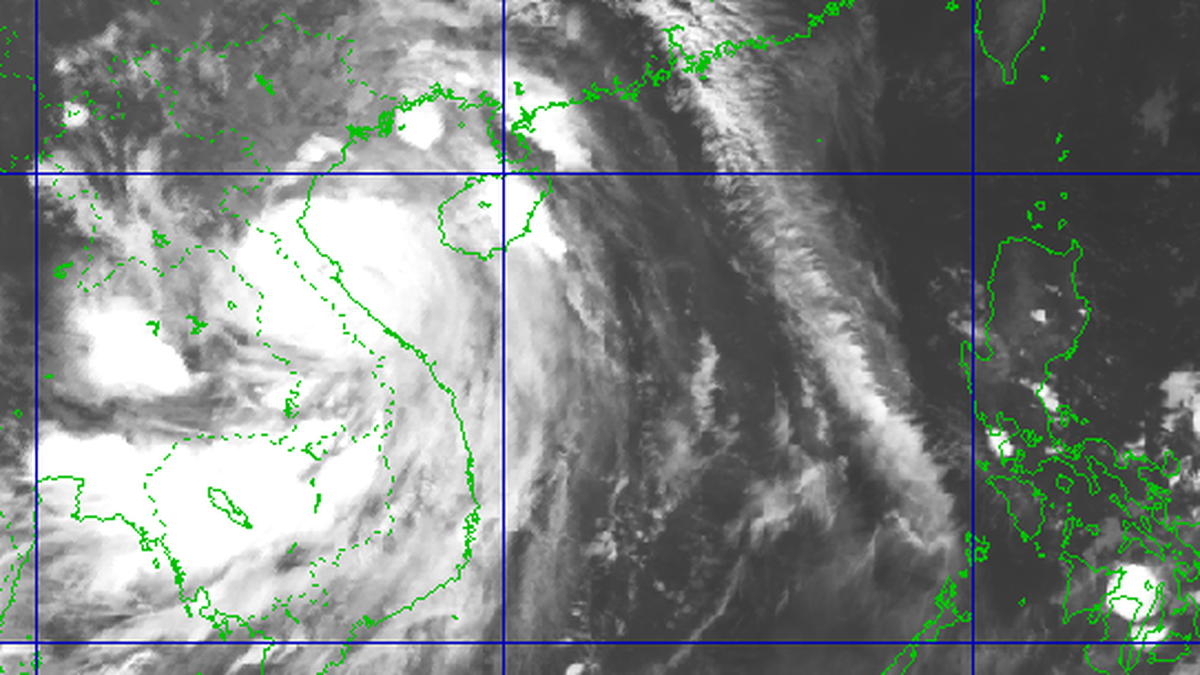

![[Photo] High-ranking delegation of the Russian State Duma visits President Ho Chi Minh's Mausoleum](https://vphoto.vietnam.vn/thumb/1200x675/vietnam/resource/IMAGE/2025/9/28/c6dfd505d79b460a93752e48882e8f7e)
![[Photo] The 4th meeting of the Inter-Parliamentary Cooperation Committee between the National Assembly of Vietnam and the State Duma of Russia](https://vphoto.vietnam.vn/thumb/1200x675/vietnam/resource/IMAGE/2025/9/28/9f9e84a38675449aa9c08b391e153183)


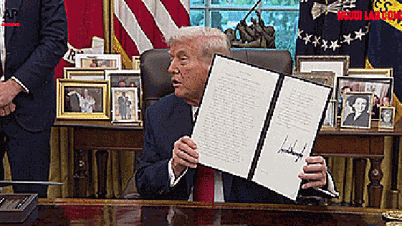





















































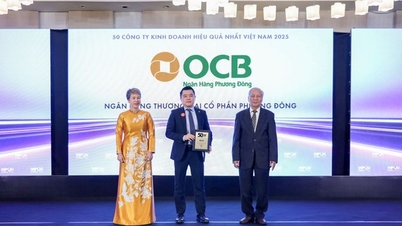




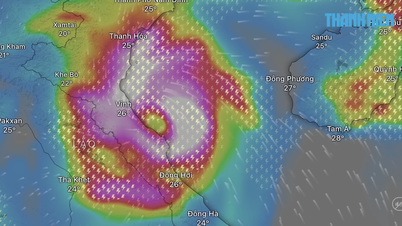















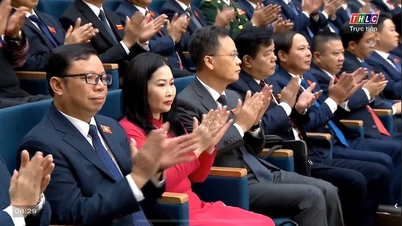


















Comment (0)